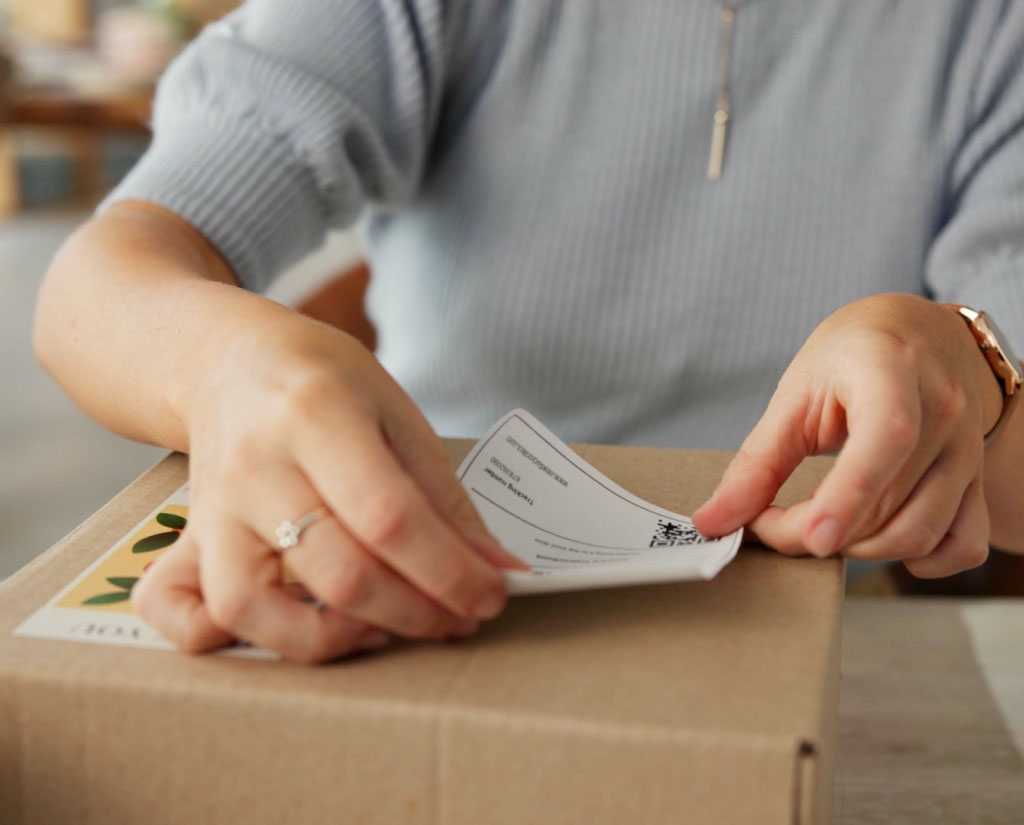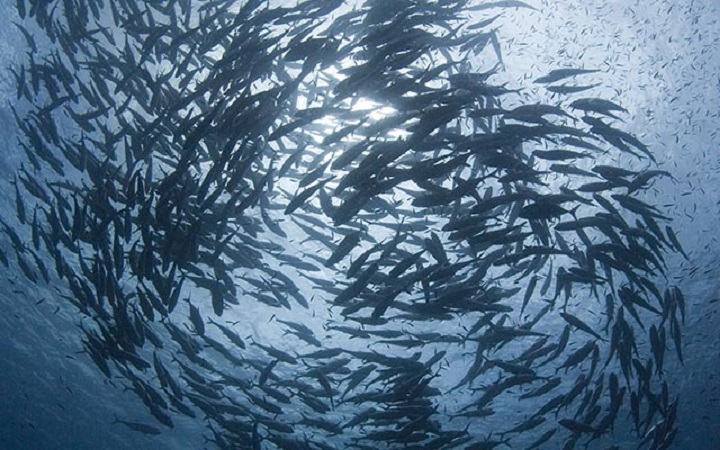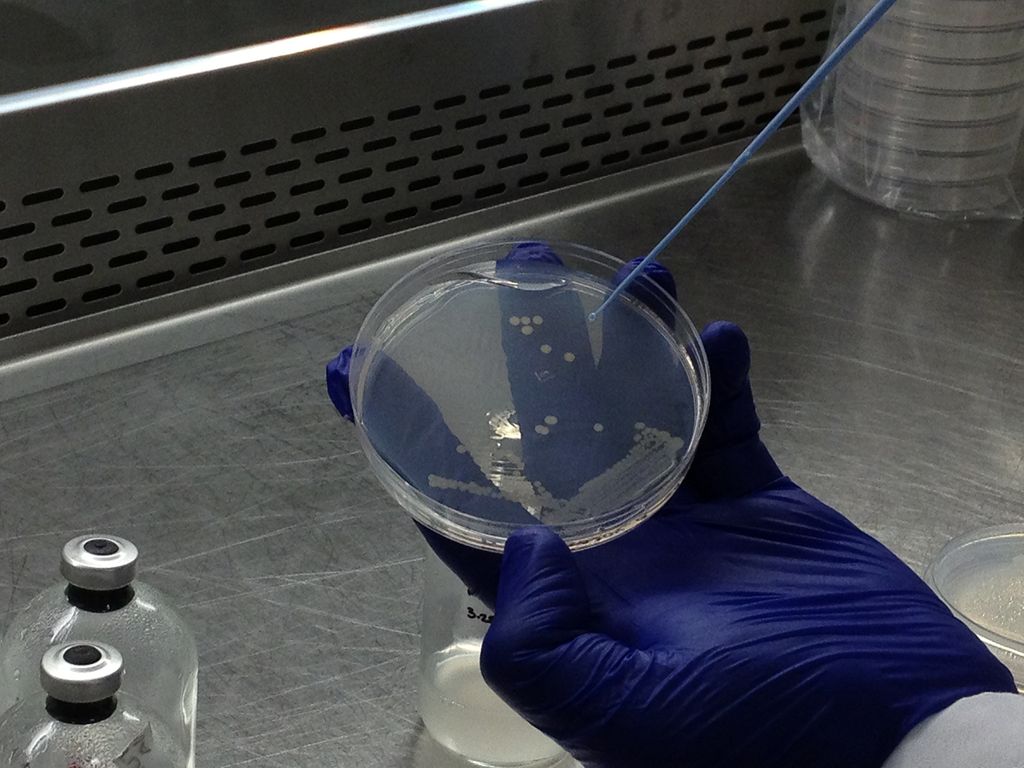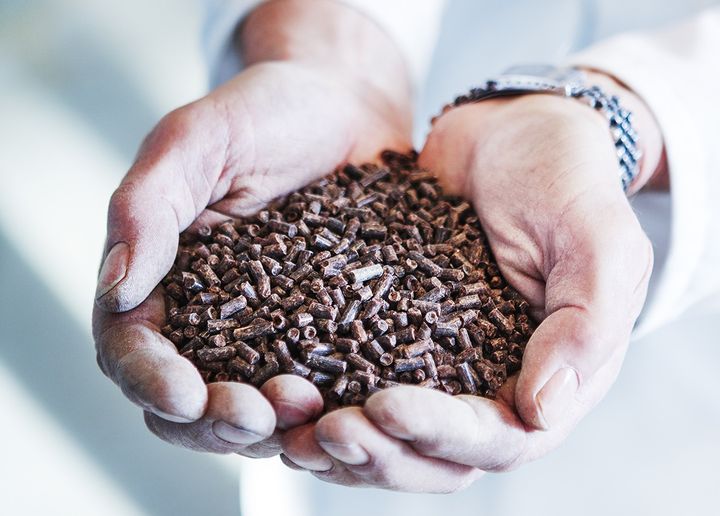
The world's fisheries are not only a major part of the global economy. They also provide sustenance to billions of people worldwide. But owing to the growing problems of overpopulation, unsustainable methods, and the issue of Climate Change, the world's fisheries are in danger of being severely depleted. Wild fisheries are currently overburdened, and aquaculture (aka. "fish farming") is an unsustainable alternative.
Interestingly enough, an innovative solution to this problem may be available - and in the form of bacteria, no less! It's known as Methylococcus capsulatus, a bacteria that consumes hydrocarbons like methane to produce an edible, protein-rich by-product. And according to research scientists at Calysta - a San Francisco-based biotechnology firm - this product can be fashioned into a low-cost, sustainable fish feed that could make aquaculture more sustainable.
According to the United Nation's Food and Agriculture Organization, aquaculture accounts for a large percentage of global seafood consumption. In 2005, global fisheries production consisted of 93.2 million tonnes being captured by commercial fishing in wild fisheries, plus 48.1 million tonnes produced by fish farms. By 2030, that balance will have changed to the point where fish farm production is nearly on par with wild fishing.

The world's fisheries are overburdened, and aquaculture (a growing industry) is an unsustainable alternative. Credit: nature.org
As Alan Shaw, the CEO of Calysta explained in a recent interview with CBC, this growing pressure that we are placing on aquaculture is hardly a long-term solution. If anything, it is making a bad situation worse. "The problem with aquaculture is you have to feed fish other fish before we can eat them," he said. "That's not sustainable … we're basically tapping this planet dry."
Hence why his company is working to bring their methane-produced protein feed - known as FeedKing - to the market. Not only is FeedKing over 70% protein, it can be produced by harvesting methane from garbage dumps or fracking operations - two other major environmental concerns. "There's a lot of waste methane," said Shaw. "If we can trap that… every ton of methane we can sequester, we're actually saving the planet as well."
Aside from fisheries, this sort of food product can also be used as an alternative to livestock feeds. Instead of grain or animal proteins, cows, chickens, sheep and other livestock could subsist healthily on protein pellets. This would not only relieve pressure on agricultural operations that produce grain for animal feed but would also lessen the amount of water needed to sustain such farms.

It is estimated that by 2026, the microbiology culture market is expected to be worth $8 billion. Credit: calysta.com
But even more ambitious is the idea of using this kind of protein-rich feed for human consumption. By getting human beings to cut back on their meat consumption, we could significantly diminish our impact on the environment and address the all-important issue of global hunger at the same time. With over 7 billion human beings currently living on the planet, and a projected 9 to 10 billion by 2050, finding sustainable ways to keep the world fed is paramount.
As Dr. David Bressler, an industrial microbiologist of the University of Alberta, explains, this method is also cost-effective and economically viable. "Carbon is getting cheap, inorganic carbon is flooding the marketplace," he said. "The possibilities of this are really becoming endless. Agriculture is facing a monumental challenge: how to feed nine billion people in the next decades."
Shaw and Dr. Bressler are hardly alone in recognizing the potential of bacteria in addressing global food problems. In fact, it is estimated that in ten years, the microbiology culture market is expected to account for $8 billion worth of the global economy. Little wonder why agribusiness giants like Monsanto are putting billions of dollars into research. And as the problems of overpopulation, climate change and food security continue to converge, others are sure to follow suit.
Are you interested in food security and sustainable development? Then check out the F3: Fish-Free Feed Challenge, Operation Methane Harvest, and the Agricultural Innovation Prize.
Got ideas on how we can address food security without overburdening our environment? Then head on over to the Launch a Challenge page and be prepared to make a difference!
Top Image Credit: sti.srs.gov








